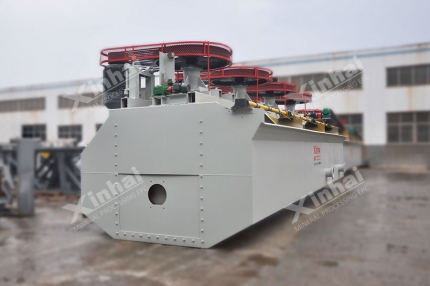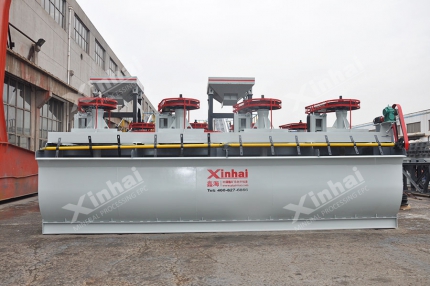Phosphate ore processing methods can be divided into two categories: physical beneficiation and chemical beneficiation. Friction beneficiation, gravity separation, shape beneficiation, magnetic separation, hand separation and electrostatic beneficiation are physical beneficiation methods. Flotation, leaching and roasting are chemical beneficiation methods. Phosphate ore beneficiation methods mainly include flotation, gravity separation, scrubbing and desliming processes, roasting, electric separation, etc. This article will introduce you to these phosphate ore processing methods to help you better understand phosphate ore beneficiation.
Use the table of contents below to navigate through the guide:
01Flotation process for phosphate rock processing
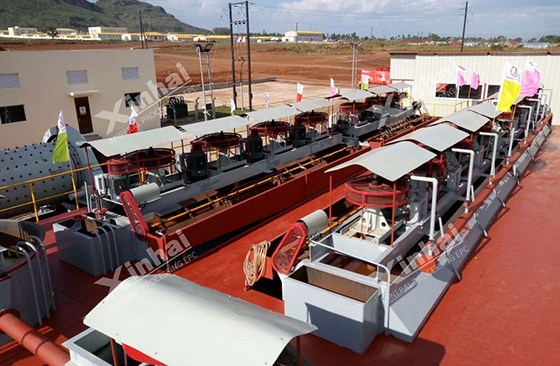
Flotation is one of the commonly used methods for phosphate ore processing. Flotation uses chemicals to selectively bond minerals to bubble surfaces based on the surface properties of different minerals, completing part of the beneficiation process. Phosphate rock foam flotation is to grind minerals into slurry, add appropriate flotation reagents to it, stir thoroughly and introduce air to generate a large number of bubbles. Hydrophobic mineral particles easily attach to the bubbles and float to the surface of the slurry together with the bubbles to form a foam layer, which can be scraped off to form a foam product. Hydrophilic mineral particles remain in the slurry. Foam flotation of phosphate rock can achieve good separation effect. There are two types: forward flotation and reverse flotation, which can be selected according to the actual situation.
02Scrubbing and desliming for phosphate rock processing
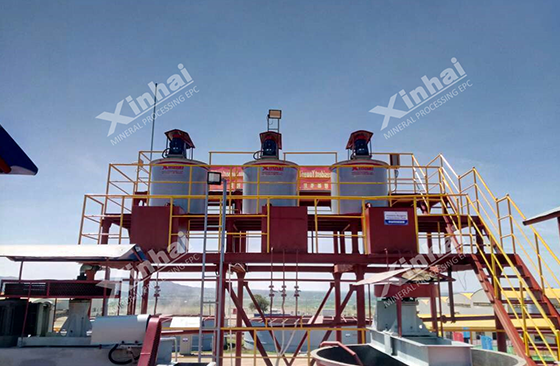
The scrubbing and desliming process is a purely physical method of beneficiation. This method can be used when the ore is weathered or contains a large amount of mud. This method can also be used for open-pit production. The scrubbing and desliming process is generally set up before chemical flotation and is mainly used for the pretreatment of ores. This method has the advantages of relatively simple operation process, no chemicals added in the entire process, and no environmental pollution. The main process is to remove impurities on the mineral surface through water washing, and then screen out high-quality phosphate rock step by step.
03Gravity separation for phosphate rock processing
The gravity separation process is a process that uses the differences in density and properties of various minerals to flow in water, air or other relatively dense liquids, showing different movement speeds, and then separate useful minerals and gangue minerals. method. The gravity separation process has the advantages of low cost and simple process. However, the final product of gravity separation is still difficult to meet the standard of direct production, so the scrubbing and desliming process can only be used as a pretreatment process for chemical flotation.
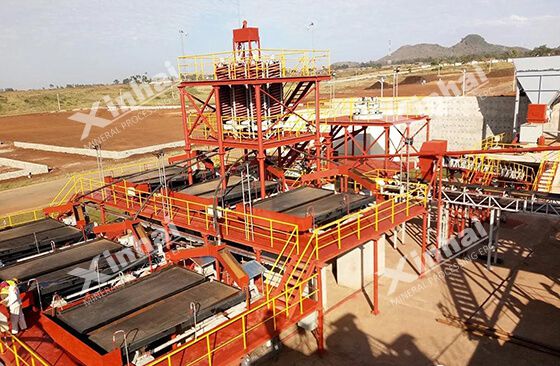
04Roasting process for phosphate rock processing
The roasting process is to separate calcium, magnesium and other carbonates in minerals into carbon dioxide and solid oxides through high-temperature thermal decomposition, and then through other chemical reactions to generate solid precipitates that adhere to the surface of the ore, and then use the scrubbing and desliming process to separate the concentrate , thereby ensuring the percentage content of P2O5 in the ore. Although the roasting method is simple and easy to operate, due to the need to meet high temperature requirements, the investment in equipment will be relatively high and the control requirements are also very high. Therefore, this method is rarely used in the mineral processing industry.
05Electro-separation process for phosphate rock processing
Different minerals have different electrical properties and particle conductivities. By utilizing this property, high-voltage electric fields are used in conjunction with other force fields to screen ores. This method is mainly used in the sorting of non-ferrous metals and rare metals. Due to the following advantages: low power consumption, low production cost, good screening effect, high concentrate grade, and high recovery rate, it has gradually attracted the attention and attention of mineral processing plants.
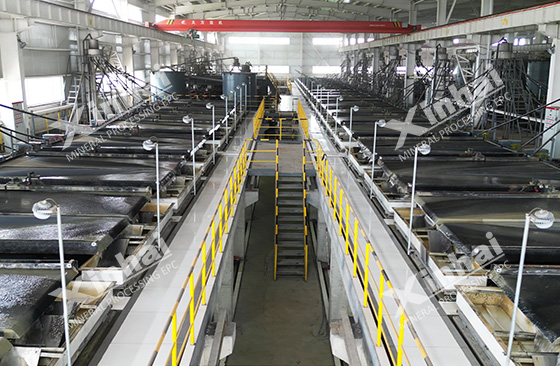
06Other beneficiation methods for phosphate rock processing
Microbial treatment methods, combined beneficiation processes, selective flocculation methods, magnetic cover methods, etc. can also be used to select phosphate ores. Microbial treatment is a method in which phosphorus in phosphorus minerals is decomposed by microorganisms to form soluble phosphorus, which is then separated. Due to limitations of biotechnology and the viability of the microorganisms themselves, this type of method is temporarily unsuitable for large-scale production. The principle of the joint beneficiation process is to combine a single beneficiation method to have different combination methods for different minerals, such as the combination of scrubbing and desliming process and roasting process.
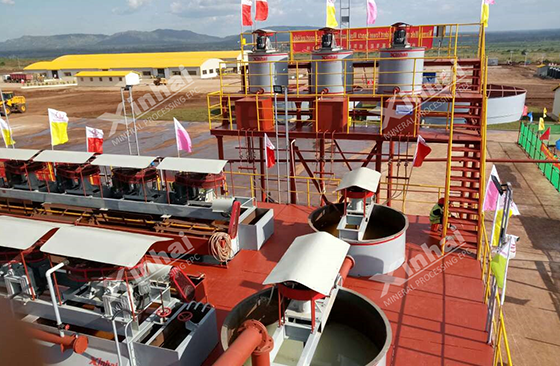
The above content is a brief introduction to commonly used phosphate ore processing methods. In actual production, the specific beneficiation process needs to be selected, adjusted and optimized according to the characteristics and properties of the ore. A reasonable phosphate ore beneficiation process can not only improve the recovery rate and concentrate quality of phosphate ore concentrate, but also improve the utilization rate of ore resources and reduce production costs.


 marketing@ytxinhai.com
marketing@ytxinhai.com  0086 13810327080
0086 13810327080 























































































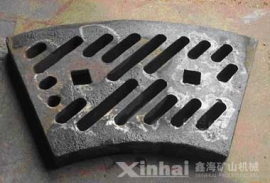
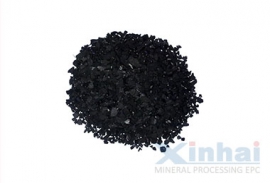








 CHAT
CHAT MESSAGE
MESSAGE




